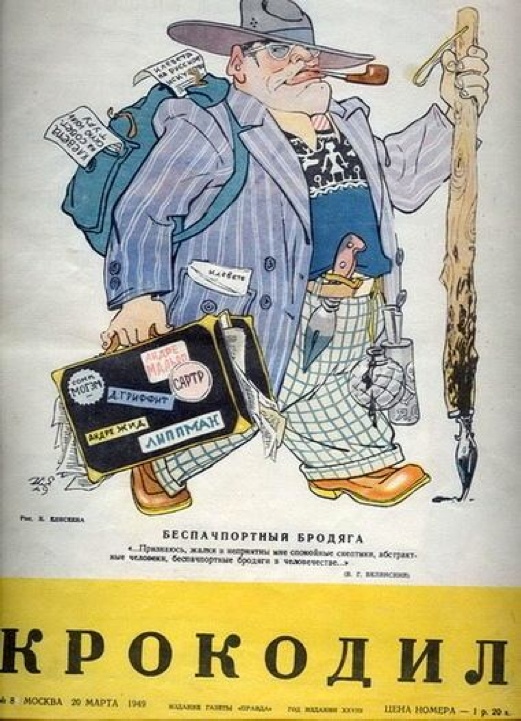Diversity Macht Frei
January 22, 2016

The US State Department has moved to back America’s ambassador to Israel in a febrile and escalating row over his remarks on Monday that Israel applied law in the occupied West Bank differently to Palestinians and Israelis.
Ambassador Daniel Shapiro’s unusually critical comments drew harsh criticism from ministers in Israel’s rightwing government – including from the Israeli prime minister, Binyamin Netanyahu. Shapiro was also publicly lambasted on Israeli television on Tuesday by a former aide to Netanyahu who used the deeply offensive Hebrew word “yehudon” – which translates as “little Jew boy” – to disparage the ambassador. The term is used by rightwing Israelis against other Jews – particularly those in the diaspora – whom they regard as not being sufficiently Jewish or pro-Israel.
Here is an extract from a recent comment piece about Anti-Zionism and antisemitism in the Jerusalem Post, discussing these phenomena generally, without reference to the incident above.
In fact, modern anti-Zionism reflects postmodern identity politics’ hijacking of universal human rights language to create a simplistic world of evil Western oppressors who can do no right versus virtuous non-white victims who can do no wrong. In this polluted political atmosphere, any Israeli shortcomings eclipse all its liberal democratic values, while any Palestinian suffering forgives all Palestinian sins. It is not what you say or what you do that counts, but who you are – or actually who you are perceived to be and whether the identity ayatollahs place you in political protective custody.
This far Left disdain for liberal Israel is stoked by some radical Jews whose anti-Zionism absolves Israel’s enemies of their anti-Semitism. The cosmopolitan, anchorless “non-Jewish Jew” has become the anti-Jewish Jew, attacking today’s greatest Jewish collective project, Israel, nastily, globally, blindly, disloyally.
He makes the same point I have made previously: that one reason the Israeli-Palestinian conflict attracts so much coverage is that is perceived as a White vs. Brown conflict and thus fits into the Blame Whitey frame of reference. What the author fails to point out, of course, is that it is Jews who have done so much of the work in constructing the Blame Whitey narrative and establishing its dominance within our culture.
Note that he uses describes Jews who are insufficiently supportive of Israel as “cosmopolitan, anchorless”. This is very close to the term “rootless cosmpolitans” that was used to describe Jews in the USSR. And, of course, it echoes the classic criticism European patriots make (the ones who are brave enough) of Jewish intellectual and political activism, namely that it is expressive of a deracinated cosmpolitan idealism that undermines their ancestral culture and identity. When European patriots voice these sentiments, however, they are hounded as antisemites, persecuted and, in many cases, prosecuted. But when Jews make exactly the same points about exactly the same people, apparently it’s OK.
